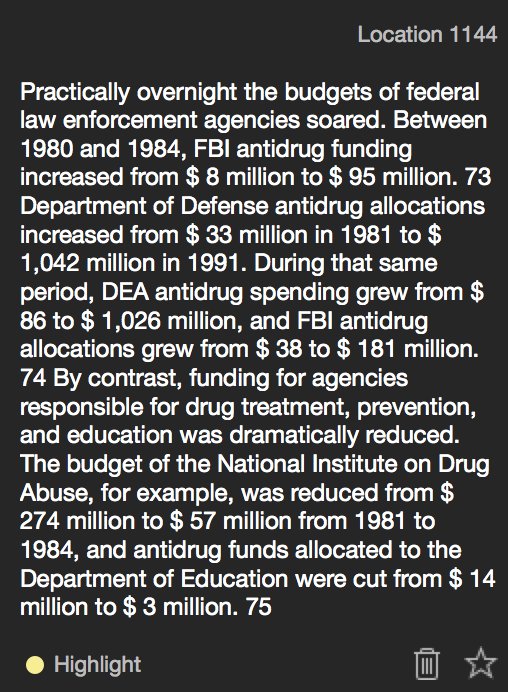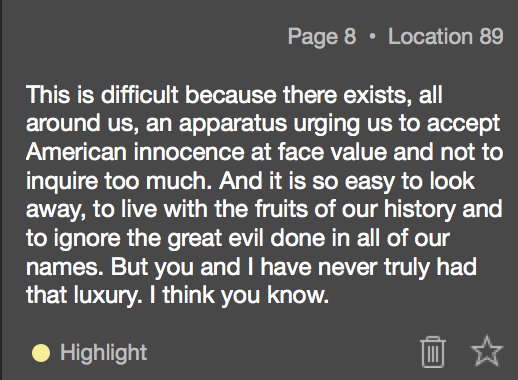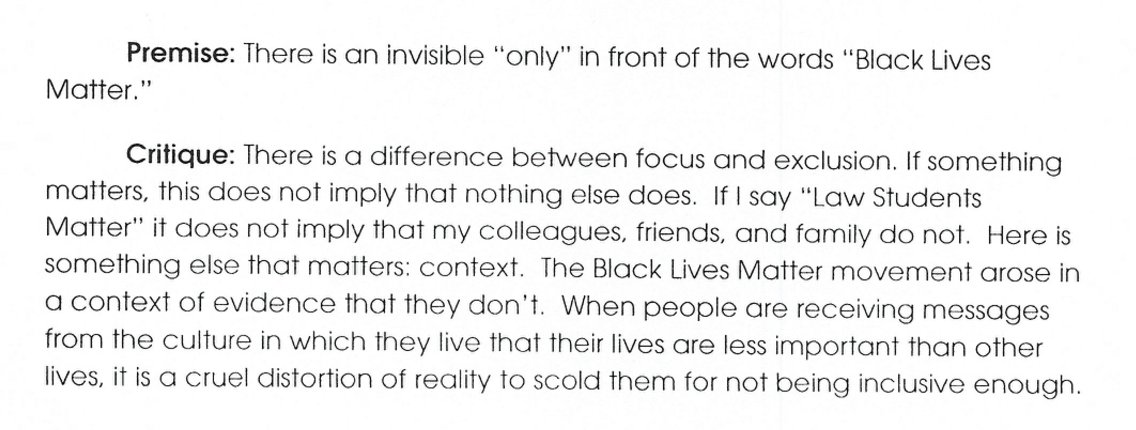Typography and Identity John Eligon's New York Times article, “A Debate Over Identity and Race Asks, Are African-Americans ‘Black’ or ‘black’?” outlines the ongoing conversation among journalists and academics regarding conventions for writing about race—specifically, whether or not to capitalize the “b” in “black” when referring to African-Americans (itself a term that is going out of style). (Note: The opening sentence introduces the text this essay will respond to and gives a brief summary of the text's content.) Eligon argues that, while it might seem like a minor typographical issue, this small difference speaks to the question of how we think about race in the United States. Are words like “black” or “white” mere adjectives, descriptors of skin color? Or are they proper nouns, indicative of group or ethnic identity? Eligon observes that until recently, with the prominence of the Black Lives Matter movement, many journalistic and scholarly publications tended to use a lowercase “black,” while Black media outlets typically capitalized “Black.” He suggests that the balance is now tipping in favor of "Black," but given past changes, usage will probably change again as the rich discussion about naming, identity, and power continues. (Note: The thesis statement includes two related ideas explored by Eligon: the current trend toward using "Black" and the value of the ongoing discussion that leads to changing terms.) Eligon points to a range of evidence that "Black" is becoming the norm, including a recent change by "hundreds of news organizations" including the Associated Press. This comes in the wake of the George Floyd killing, but it also follows a longtime Black press tradition exemplified by newspapers like The New York Amsterdam News. Eligon cites several prominent academics who are also starting to capitalize Black. However, he also quotes prominent naysayers and describes a variety of counterarguments, like the idea that capitalization gives too much dignity to a category that was made up to oppress people. (Note: Summary of a counterargument.) Capitalizing Black raises another tricky question: Shouldn't White be likewise capitalized? Eligon points out that the groups most enthusiastic to capitalize White seem to be white supremacists, and news organizations want to avoid this association. (Note: The choice of "points out" signals that everyone would agree that mostly white supremacist groups capitalize White.) Eligon's brief history of the debate over racial labels, from “Negro” and “colored” to “African-American” and “person of color,” gives the question of to-capitalize-or-not-to-capitalize a broader context, investing what might seem like a minor quibble for editors with the greater weight of racial identity and its evolution over time. (Note: This paragraph shifts focus from present to past trends and debates.) He outlines similar disagreements over word-choice and racial labels by scholars and activists like Fannie Barrier Williams and W.E.B. Du Bois surrounding now-antiquated terms like “Negro” and “colored.” These leaders debated whether labels with negative connotations should be replaced, or embraced and given a new, positive connotation. (Note: This paragraph summarizes the historical examples Eligon gives. Phrases like "He cites" point out that certain ideas are being used to support a claim.) Eligon observes that today's "black" was once used as a pejorative but was promoted by the Black Power movement starting in the late sixties, much as the word "Negro" was reclaimed as a positive word. (Note: Summary of a historical trend that parallels today's trend.) However, the Reverend Jesse Jackson also had some success in calling for a more neutral term, "African American," in the late eighties. He thought it more appropriate to emphasize a shared ethnic heritage over color. (Note: Summary of a historical countertrend based on a counterargument to the idea of reclaiming negative terms.) Eligon suggests that this argument continues to appeal to some today, but that such terms have been found to be inadequate given the diversity of ethnic heritage. “African-American” and the more generalized “people/person of color” do not give accurate or specific enough information. (Note: Describes a response to the counterargument, a justification of today's trend toward Black.) Ultimately, Eligon points to personal intuition as an aid to individuals in the Black community grappling with these questions. He describes the experience of sociologist Crystal M. Fleming, whose use of lowercase “black” transformed to capitalized “Black” over the course of her career and years of research. Her transition from black to Black is, she says, as much a matter of personal choice as a reasoned conclusion—suggesting that it will be up to Black journalists and academics to determine the conventions of the future. (Note: This last sentence of this summary paragraph focuses on Eligon's conclusion, his implied argument about what should guide the choice of terms.
Black and African-American are two different people. Black people have dark-skin and African ancestry, while African Americans are people who are born in the United States, but they have African ancestry.

 Ask each other, "Do we all agree these ideas would begin to get at the issue?"
Ask each other, "Do we all agree these ideas would begin to get at the issue?"
